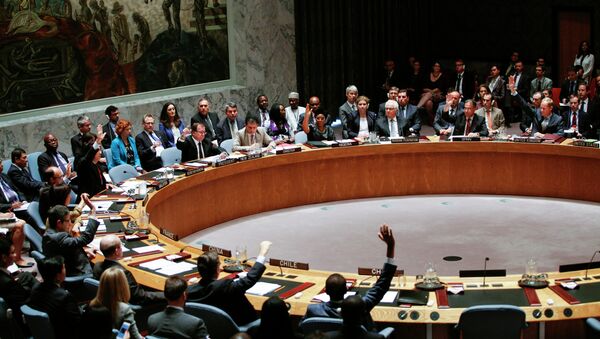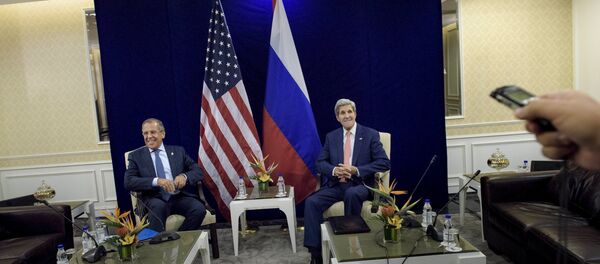The resolution requests the UN Secretary-General to submit within 20 days recommendations for the creation of a Joint Investigative Mechanism of the Organization for the Prohibition of Chemical Weapons (OPCW) and the United Nations to identify and bring to justice "those individuals, entities, groups, or governments responsible for any use of chemicals as weapons, including chlorine or any other toxic chemical."
After that period, the UN Secretary-General, in coordination with the OPCW Director-General, must "undertake without delay the steps, measures, and arrangements necessary for the speedy establishment and full functioning of the Joint Investigative Mechanism, including recruiting impartial and experienced staff with relevant skills and expertise."
Syria has been mired in a civil war since 2011, with government forces loyal to President Bashar Assad fighting opposition and radical Islamist militant groups, including the Nusra Front and Islamic State.
After a sarin gas attack near Damascus killed hundreds of people in 2013, Syria joined the OPCW and agreed to destroy its chemical weapons arsenal. At the end of October 2014, the OPCW reported that nearly 98 percent of the chemical weapons in Syria had been removed and destroyed.
In December, 2014, the Syrian government told the OPCW that armed groups had seized several industrial areas in Syria where chlorine-containing substances were being stored. However, Washington and its allies still suspect Damascus of using chemical weapons.


